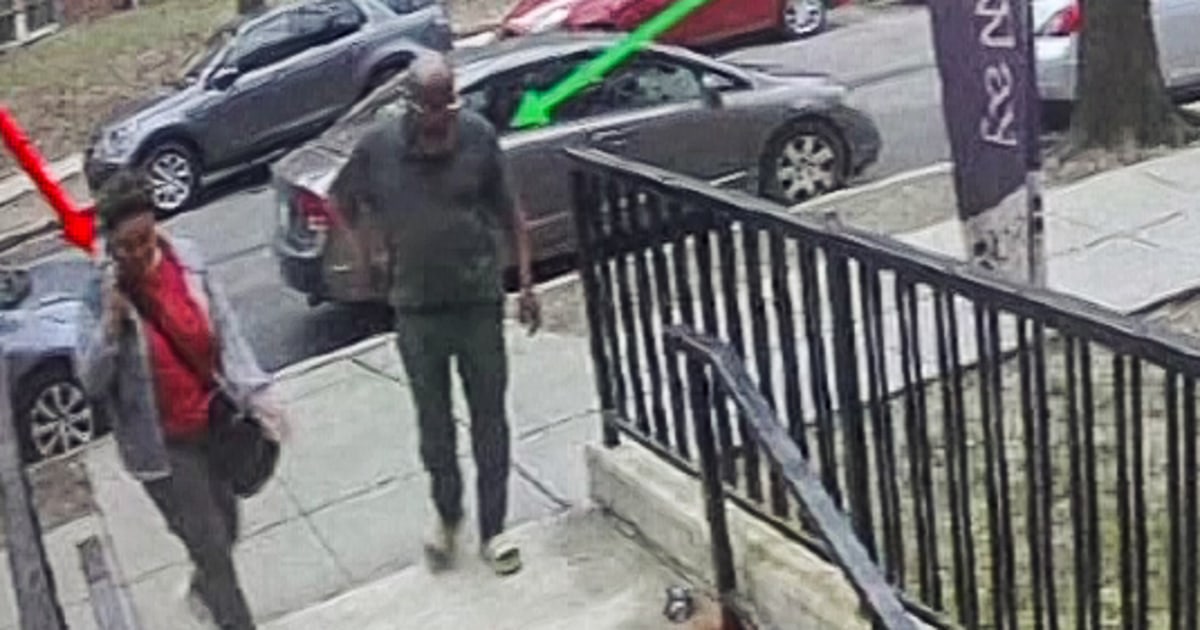This has always been my biggest concern with biometrics. They don’t need your password, they need your body part.
This is true, but not exactly for most consumer electronics in most realistic use cases. Most biometric systems do not use your biometrics for the actual security, it’s simply used as a shortcut so you don’t have to enter the password every time.
This is why when you turn on your phone or computer the first time you must enter the full password/passcode and cannot use biometrics. What happens then is the biometric system stores your passcode internally and basically enters it for you from that point on until the phone is turned off, the internal timer expires to require it to be entered manually, usually once a day or so, or if you enable the lockdown function manually it will also require the passcode and not work with biometrics.
Given the quick slide into a police state we seem to live in now, I would recommend learning how to activate lockdown mode on your devices and to get in the habit of enabling it whenever law enforcement are nearby.
Judges have forced people to provide biometric information and to unlock devices with face or fingerprint sensors… But they cannot physically force you to disclose a passcode.
This is why I disable all biometrics on my phone.
Good luck guessing which body part I use!
( ͡° ͜ʖ ͡°)
Obvious outcome was obvious.
I mean, they have been doing the use a body part from someone they killed to bypass biometrics in sci fi movies for decades. For example, Back to the Future II had a criminal gang doing the severed finger trick in 1989 and I doubt it was the earliest one.
Vonnegut wrote a novel where a recluse sent all his orders to employees on paper with his fingerprints as verification. Someone mistakenly murders another person and severs their hands to obtain the fingerprints in it. I can’t remember which one, though, and searching didn’t help.
Don’t use biometrics. Period.
Isn’t this because the conditions of his parole required him to provide this?
That was part of it:
Payne’s Special Conditions of Parole included a more detailed condition (“special search condition”) concerning electronic devices: You shall surrender any digital/electronic device and provide a pass key/code to unlock the device to any law enforcement officer for inspection other than what is visible on the display screen. This includes any digital/electronic device in your vicinity. Failure to comply can result in your arrest pending further investigation and/or confiscation of any device pending investigation.
He refused, which did violate his parole.
At this juncture, CHP officers would have been justified under Payne’s special search condition in either “confiscati[ng] . . . [the] device” or “arrest[ing] Payne pending further investigation.
Instead, Officer Coddington forcibly grabbed Payne’s thumb and used it to unlock the phone via a built-in biometric unlocking feature.
It’s the last bit that is the important part. That is not part of the conditions of the parole. And that is what the court found was not a rights violation.
Biometrics are not inherently bad, it’s usually just a shortcut your device uses to enter your passcode for you after the initial entry when you turn on your device, the actual decryption still requires your passcode. As long as you actually understand how it works on your devices and how to disable it if you’re likely to deal with groups like law enforcement.
Like your phone’s Lockdown mode:
https://support.apple.com/en-us/105120
https://www.zdnet.com/article/how-to-use-the-android-lockdown-mode-and-why-you-should/
Jesus christ
Now try that with a face!
Have you never seen that Nic Cage masterpiece?
Only 100 times!!!
You don’t watch enough horror films … They can make that work .
That would literally be just as easy. You don’t even need to cut it off. Just don’t shoot them in the face.
This is the best summary I could come up with:
According to the document, a witness told police that Miller and another woman, identified as Tiffany Taylor Gray, 22, had cut off the man’s thumb.
Teklemariam also had fractures on his head and had been stabbed in the stomach, affidavit said, noting there was broken glass on his body and bed.
Police also found evidence suggesting cleaning products had been used at the crime scene.
Over several days, surveillance cameras captured Miller, Gray and two men coming and going from the building where Teklemariam lived, according to the affidavit.
They allegedly used his key fob to get into his apartment, taking “several” items, including electronics and watches.
A lawyer listed as Miller’s in court documents could not be reached for comment Tuesday.
The original article contains 402 words, the summary contains 122 words. Saved 70%. I’m a bot and I’m open source!












